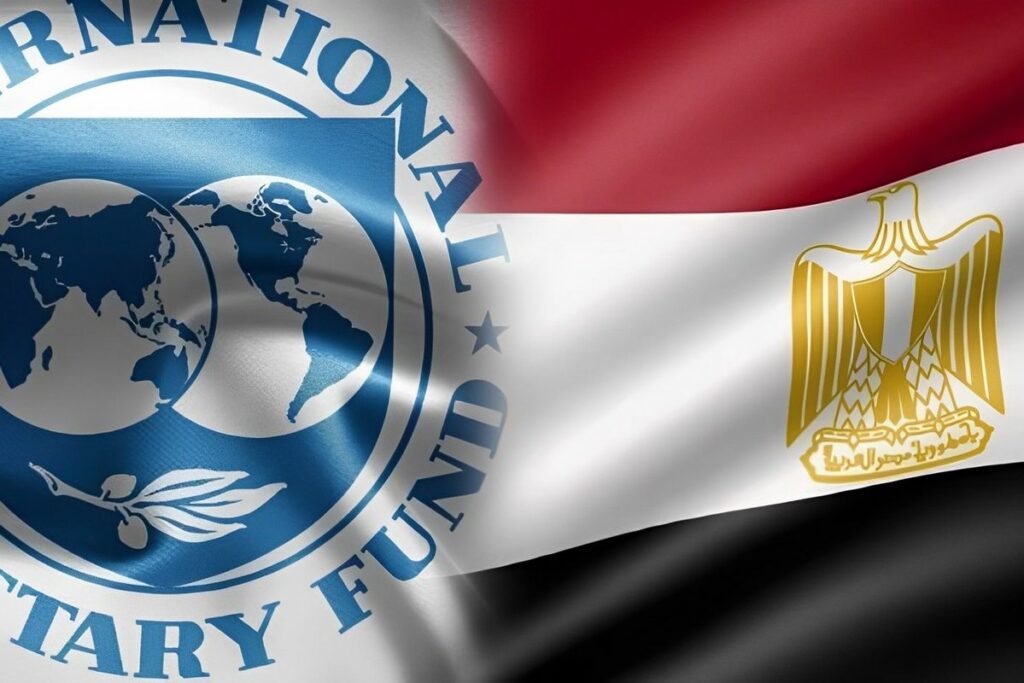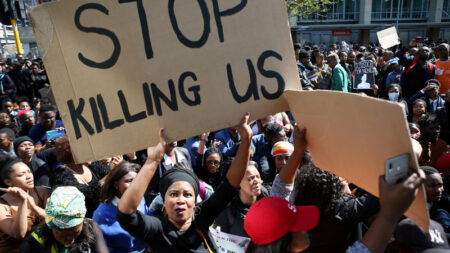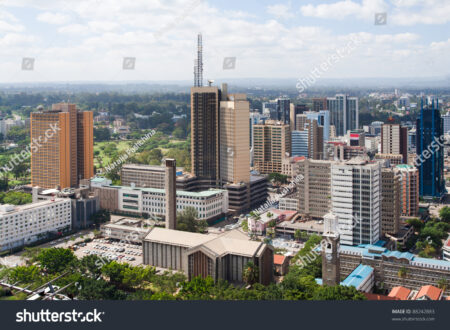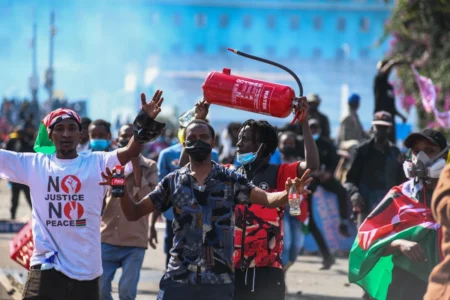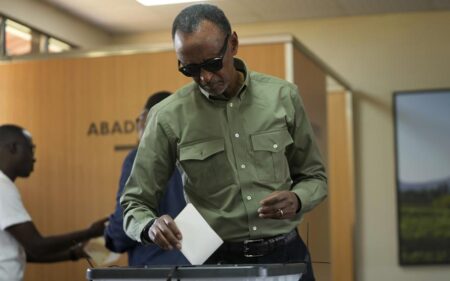- The IMF has approved an expansion of the original economic rescue program for Egypt by $5 billion.
- Spillovers from the recent conflict in Gaza and Israel aggravated the shaky economic situation in Egypt.
- Egypt has recently taken difficult but necessary reforms to correct the country’s microeconomic imbalance.
IMF’s Economic Rescue Program for Egypt
The Executive Board of the International Monetary Fund (IMF) has completed the first and second reviews of Egypt’s Extended Fund Facility (EFF)arrangement, approving an expansion of the original economic rescue program by $5 billion.
The IMF had initially approved a $3 billion loan in December 2022 but has extended $5 billion with an immediate disbursement of $820 million.
Egypt had met all the quantitative performance targets for the end of June 2023, except one in which the Board approved the authorities’ request for a waiver for non-observance of the June performance criterion on Net International Reserves based on corrective actions.
The loan is intended to bolster Egypt’s economy amid global shocks derailing economic growth.
Egypt Economic Outlook
Spillovers from the recent conflict in Gaza and Israel aggravated the shaky economic situation in Egypt. The disruptions in the Red Sea have also reduced Suez Canal income, an essential source of foreign exchange inflows and fiscal revenue for Egypt through tourism and importation.
The country’s real GDP growth slowed to 3.8 per cent in the financial year 2022/2023 due to weak confidence and foreign exchange shortages.
This rate is projected to slow further to 3 per cent in the current financial year 2023/2024 before recovering to about 4.5 per cent in the upcoming financial year 2024/2025.
To stabilise the economy, the government, in conjunction with the Central Bank of Egypt, developed reforms that would help stabilise the Egyptian pound and correct the microeconomic imbalance.
Economic Reforms Towards Correcting Macroeconomic Imbalances
Egypt has recently taken difficult but necessary reforms to correct the country’s microeconomic imbalance. The government allowed a significant devaluation of the pound, allowing it to lose more than 38 per cent against the dollar to counter skyrocketing inflation rates. Further, it unified its exchange rates to balance demand and supply for foreign exchange against the domestic currency.
Additionally, a significant tightening of the monetary and fiscal policy mix will reduce public investment and level the playing field, allowing the private sector to become the engine of growth.
These reforms have paved the way for foreign investors and attracted more funding from international lenders like the IMF.
Read Also: EU-Egypt Strategic Partnership: Economic Boost and Migration Crisis Mitigation
The UAE’s $35 Billion Landmark Investment
A UAE group led by ADQ, a sovereign investment fund based in Abu Dhabi, signed a landmark agreement with Egypt to invest $35 billion in Ras El-Hekma, representing Egypt’s single most significant foreign direct investment.
ADQ will acquire the development rights for Ras El-Hekma for $24 billion and convert $11 billion of deposits that will be utilised for investment in prime projects across Egypt.
The vision is to develop Ras El-Hekma, a region on the Mediterranean coast 350 kilometres northwest of Cairo, into a world-class holiday destination, financial centre, and free zone. The investment will bolster the tourism industry in Egypt, creating more revenue for the country’s development plans.
Under the agreement, the Egyptian government will retain a 35 per cent stake in the development.
“As a large-scale infrastructure project, the planned Ras El-Hekma development will foster widespread impacts across multiple sectors, be a catalyst for job creation, and attract significant additional foreign direct investments in the years to come,” said Alsuwaidi.
This project has alleviated near-term balance of payment pressures and, if used wisely, will help Egypt rebuild buffers to deal with future shocks.
Egypt’s Economic Prospects
Ms Kristalina Georgieva, Managing Director and Chair, stated, “With policies to restore macroeconomic stability, the stage is set for accelerating the implementation of the structural reform agenda intended to deliver inclusive and sustainable growth. They are withdrawing the state and military from economic activity and levelling the playing field between the public and private sectors critical to attracting foreign and domestic private investment in Egypt.
“Achieving these goals is subject to risks. Externally, uncertainty remains high. Domestically, sustaining the shift to a liberalised foreign exchange system, maintaining tight monetary and fiscal policies, and integrating transparently off-budget investment into macroeconomic policy decision-making will be critical. Managing the resumption of capital inflows prudently will be important to contain inflationary pressures and limit the risk of future external pressures.”





